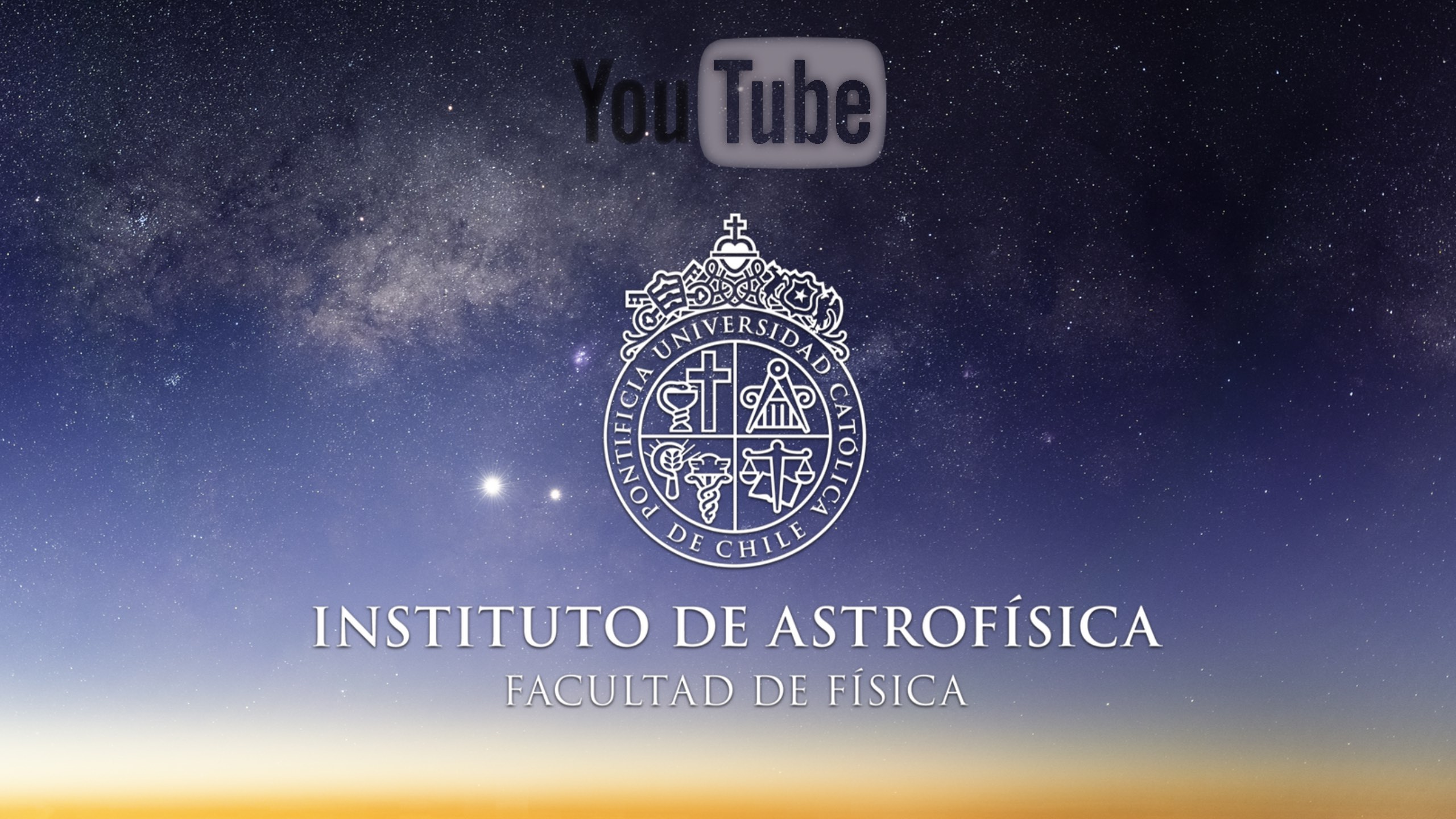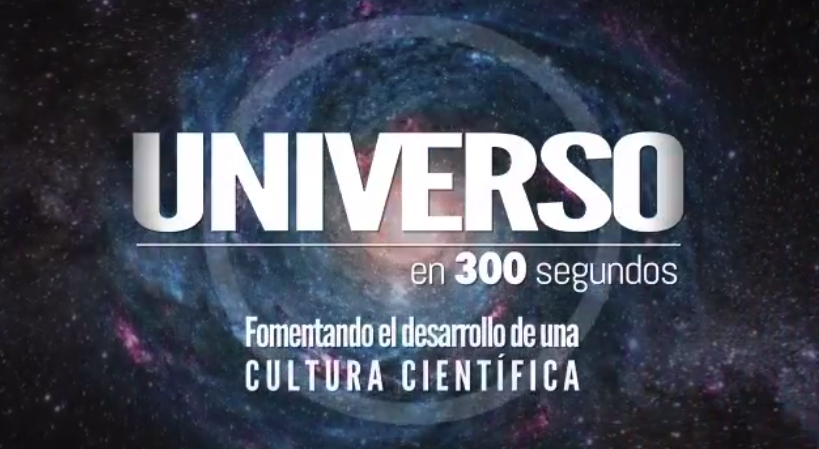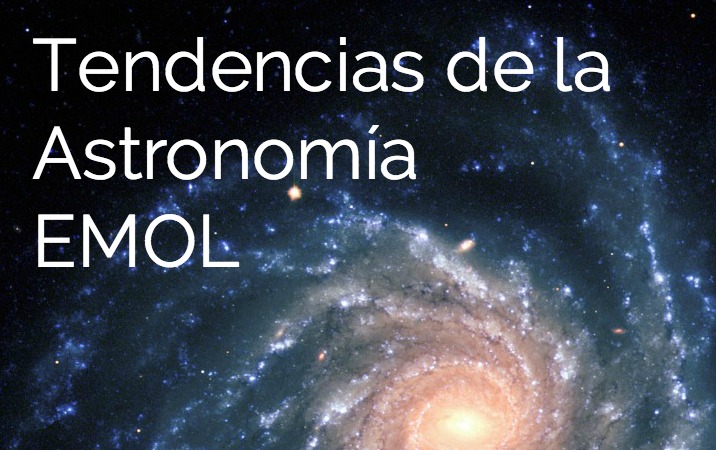More than 10 thousand attendees participate in UC Astrophysics online talk cycle
James Peebles, considered the father of cosmology, and Didier Queloz, the first astronomer to find an extrasolar planet orbiting a star, were part of the "Golden Webinars in Astrophysics", an initiative of the UC Institute of Astrophysics that brought together internationally renowned astronomers for a week.
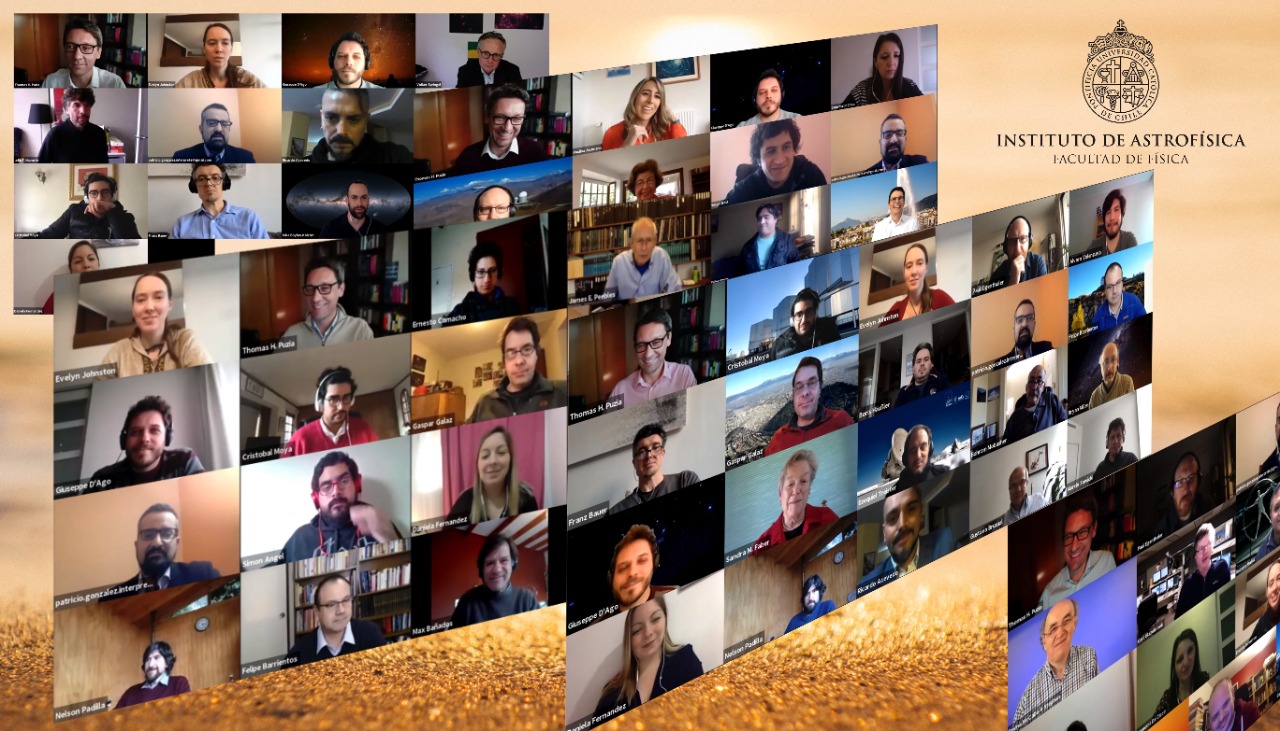
Didier Queloz shows the image of a Swiss army knife and compares it to the search for life outside our planet. At first there seems to be no relationship, but he explains that one of the problems in identifying traces of life in the universe is that we start out looking for the knife, that is, a device with technology, a complex system. And to discover it we need to start from something much more elemental, like the arrowheads that humans carved in prehistoric times. Then it shows on the screen one of these objects.
With this analogy, the 2019 Nobel Prize in Physics explains to the nearly 2,000 people connected in his talk the new approach required when investigating other planets, especially those that, like ours, are located at a distance from their mother star that would allow them to harbor life forms. The Swiss-born astronomer -hence the example he used- won the coveted award for his part in finding the first extrasolar planet orbiting a star in 1995.
Queloz was in charge of closing the "Golden Webinars in Astrophysics", a week of talks via Zoom organized by the Institute of Astrophysics at Pontificia Universidad Católica de Chile that included internationally renowned speakers. "This has been an experience with a massive online audience, unprecedented in Chile. We had thousands of spectators connected every day", noted the Institute's director, Gaspar Galaz, who congratulated the IA's dissemination team on its work.
A golden week
Astronomer Thomas Puzia, in charge of the extension and who heads the IA outreach area, said that the idea came up after a conversation with Evelyn Johnston, postdoctoral researcher at the IA. "By talking we ask ourselves who we want to listen to, who has changed or is changing astronomy, astrophysics and cosmology", he said. This conversation was the origin of the successful cycle, which had more than 10,500 participants during the whole week.
Starting on Monday with a massive turnout that announced what was coming: More than 3,500 people connected to the first talk by also Nobel Prize in Physics 2019 James Peebles, including spectators from countries such as India, Ethiopia, Germany, Canada, USA, England, Russia, Brazil, Mexico and Colombia. D. from Princeton University in 1962, the scholar predicted one of the most important properties of microwave background radiation fluctuations in the 1970s.
The talks continued on Tuesday with Max-Planck Institute director and 2020 Gruber Prize winner Volker Springel, who spoke about hydrodynamic simulations of galaxy formation, while on Wednesday it was the turn of University of California astronomy doctor and 2017 Gruber Prize winner Sandra M. Faber, who gave a lecture on galaxy formation.
Another guest whose talk was of great interest was Stephen Wolfram, author of a revolutionary new fundamental theory of physics. During his presentation he explained some of the postulates included in his book "A New Kind of Science", where he proposes that, through the experimental study of simple calculus systems, natural phenomena can be modeled. An intense debate was generated during his talk among the Spanish-speaking attendees, who discussed the possibility of being able to experimentally prove the scientist's theories.
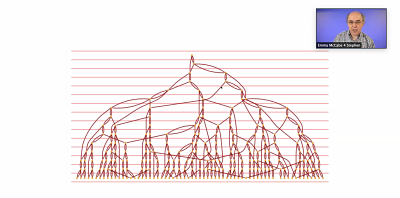
Stephen Wolfram in his talk
Outreach in quarantine
The Golden Webinars in Astrophysics are part of a series of initiatives by the UC Institute of Astrophysics to maintain the outreach of science during these months of isolation due to the coronavirus pandemic. This included several conferences to commemorate Cultural Heritage Day 2020, in which more than 1400 people participated during the weekend of May 29-31.
This is not all, because the offer also includes the series "Cielos del Sur", developed by the IA, in conjunction with Las Campanas Observatory, and available through YouTube. It started in February and has 5 chapters. Also the series Universe in 300S, which, after a successful 5-episode season in 2018, returns with five new chapters, dealing with everything from "how life began on Earth", to "what black holes are". The release date will be announced soon on the Institute's networks.
The Golden Webinars in Astrophysics, meanwhile, continue with a new session this Friday, 19 June, at 8pm. The talk entitled "Galaxy Flows and Large Scale Structures", will be given by U. of Hawaii astronomer R. Brent Tully, who proposed in 1977 the Tully-Fisher Relationship (TFR, together with astronomer J. Richard Fisher), which allows to estimate the distance a spiral galaxy is from the width of its spectrum lines.







